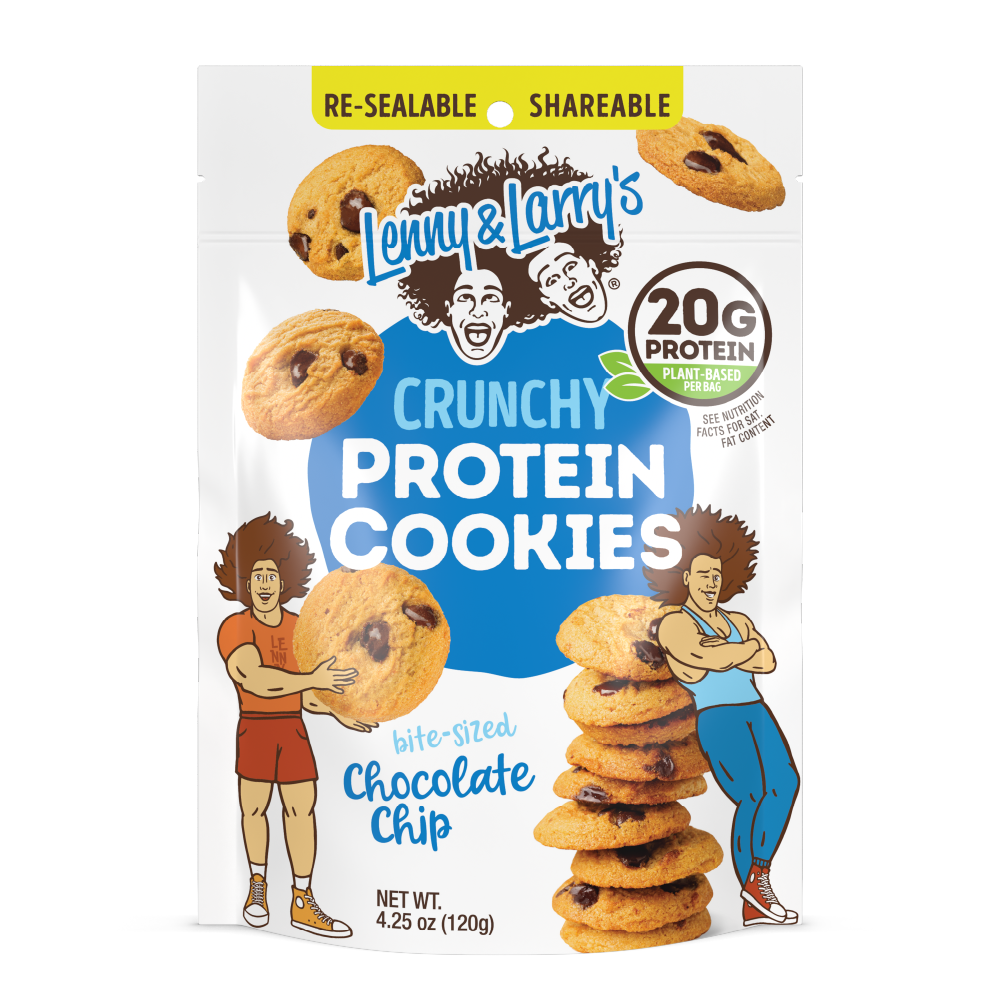In today's age of incredible health consciousness, one trend is clear — carbs are of great concern! For marathon runners, it's an easy way to help their body to replenish glycogen. For those who are embracing a ketogenic diet, carbs can mean the difference between long-running ketosis or breaking that cycle. No matter your personal health and dietary goals, we've found that there's one huge factor that can be difficult to understand, especially to those of us who may be new to dieting or just tracking macros in general. We're talking, of course, about net carbs.
What Are Net Carbs?
Put simply, net carbs are the digestible and useable carbohydrates within food.
When we talk about carbs as a whole, most people are referring to total carbs. This includes all the different types of carbs in a particular food or within a meal. The general makeup of a carb includes dietary fiber, sugar, and starch.
In contrast, net carbs only refer to the carbs that the body can break down into glucose. There's a simple formula for calculating net carbs which we'll discuss in a bit.
The entire premise of net carbs can be a bit confusing, especially if you've only heard, "Carbs are good! Gotta have 'em!" or, "All carbs are bad! Avoid them at all costs!"
And the truth is, there's no "one-size-fits-all" answer. For most people, they'll fall somewhere in the middle. However, depending on your dietary needs, you may lean further to one "side" than the other.
How Are Net Carbs Calculated?
To calculate net carbs, subtract the total amount of fiber and half of the number of sugar alcohols from the total amount of carbs. This information is usually available on a product's nutrition label.

Total Carbs - 100% Fiber - 50% Sugar Alcohol = Net Carbs
Fiber
An important thing to know is that fiber is, in fact, a carbohydrate. But because fiber isn't digested by our bodies, we can simply subtract that number from the total carbs in a given food.
Sugar Alcohols
Primarily used as a sugar substitute, the food industry has been very prominent in the use of sugar alcohols in foods. When ingested, much of it isn't absorbed by the small intestine.
Xylitol, erythritol, and maltitol are a few examples of sugar alcohols commonly used as a sugar substitute in some diet or sugar-free foods. While sugar alcohols occur in nature within some fruits and vegetables, it's important to note that certain sugar alcohols can still have a glycemic index. Maltitol, for example, may still have an effect on blood glucose which is especially important to know for diabetics since it has a glycemic index of 35.
How Are Net Carbs "Used" By People?
Diabetes
A person with diabetes is typically advised by their healthcare professional to watch their total carb intake due to their body's lack of insulin production. Our insulin levels directly result in our body's ability to keep a safe blood sugar level, and since people with diabetes cannot make enough insulin, too high of a blood sugar level can be dangerous. As a result, they may choose to track net carbs for this very reason after first consulting with their healthcare professional. That last statement is incredibly important depending on the type of diabetes they have as each type has different carbohydrate intake restrictions.
Keto and Net Carbs
Most ketogenic diets recommend a person's daily consumption not exceed 15 - 30g of net carbs per day. This will vary depending on your level of physical activity with the goal of maintaining ketosis being of utmost importance. This unfortunately means that there's no "magic number" of carbs to consume and will ultimately depend on the individual rather than a strict intake requirement.
Net Carbs and the FDA
Although the general consensus around net carbs is understood, it needs to be stated that any claims about "net carbs" on food packaging are not regulated by the FDA. Currently, the FDA only requires food manufacturers to list the total amount of carbohydrates on the nutrition label of its packaging. This can make it difficult to correctly calculate net carbs.
However, the FDA did update label requirements in 2021. This newer nutrition label states a product's total sugar, both naturally occurring and artificially added. Even products like honey and maple syrup that only contain one ingredient were made to comply in July of 2021.
This makes it much easier for consumers to have a better understanding of what's in their food. This should also help to prevent consumers from being duped by dishonest companies providing dubious claims of "low carb" and "no-carb" foods when the opposite may be true.
Carbs Are Often MisunderstoodWhether you like your carbs fast or slow, skimpy or plentiful — one thing is certain — carbs are an important consideration for your health. Some people may want or need to lower their overall carb intake while others may require more.
Ultimately, your personal fitness, health, and dietary goals will influence your total carb consumption.
 Lenny and Larrys
Lenny and Larrys

